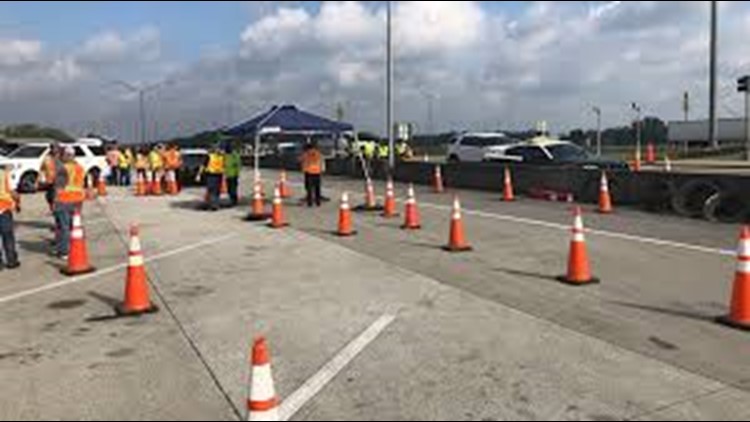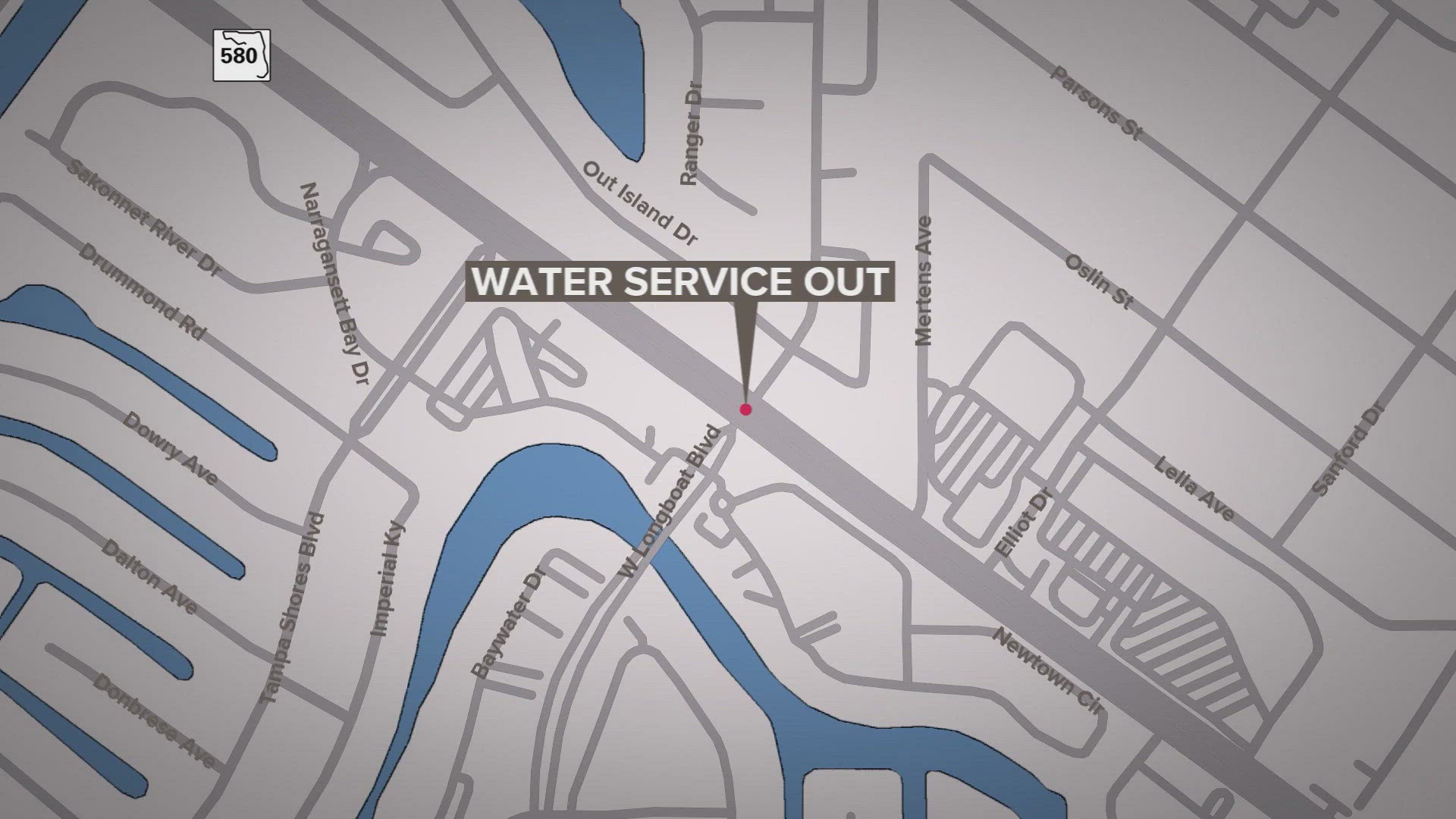According to Johns Hopkins University, the United States has surpassed one million confirmed cases of COVID-19.
Before the new numbers came out, Florida Gov. Ron Desantis put an executive order in place restricting travel into the state, in an effort to curb the spread of the coronavirus.
The checkpoints are set up along Interstate 95, 13 miles south of the Georgia border and on Interstate 10 near the Florida-Alabama border.
FDOT and Florida Highway Patrol are working together to man the checkpoints and tell us that more than 11,000 traveler forms have been collected to date.
The traveler form is given to drivers at the checkpoints to fill out with contact information, travel details, and where you are planning to stay in Florida.
If you find yourself getting flagged at the checkpoint, you must self-quarantine for 14 days. Failing to do so is considered a second-degree misdemeanor, punishable by up to 60 days in jail and/or a $500 fine.
With the conversation of the state potentially reopening and the check points still in place, the answers are still yet to be determined of what the future looks like for Florida.
Tuesday morning Florida Gov. Ron DeSantis met with President Trump to discuss ways in which the state can reopen in “baby steps” with regions reopening at different times and rates.
For up to the minute travel updates related to COVID-19, you can click here.
What other people are reading right now:
- Pinellas County beaches reopening Monday with restrictions
- Governor DeSantis will make an announcement Wednesday about reopening Florida
- What will Florida restaurants need to do to reopen? A food safety expert weighs in
- Mile-wide asteroid to pass close to Earth on Wednesday
- Do your glasses fog up when you wear a mask? Here's how to fix that
- 2020 Atlantic hurricane season: This could be an active few months
- Hotlines, websites offer the latest on COVID-19
FREE 10NEWS APP:
►Stay In the Know! Sign up now for the Brightside Blend Newsletter





